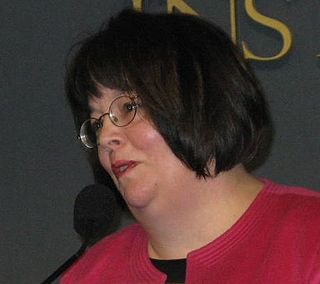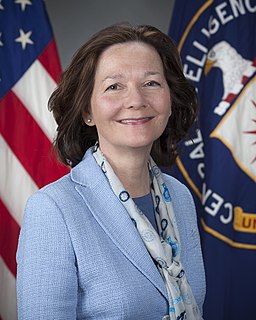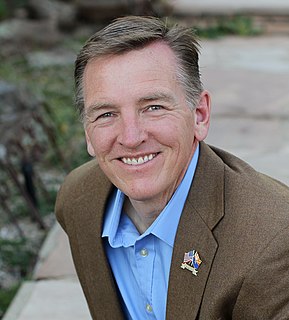A Quote by Maggie Gallagher
When governments become large, voters cannot exercise close oversight, otherwise known as political power.
Related Quotes
One way we exercise political freedom is to vote for the candidate of our choice. Another way is to use our money to try to persuade other voters to make a similar choice - that is, to contribute to our candidate's campaign. If either of these freedoms is violated, the consequences are very grave not only for the individual voter and contributor, but for the society whose free political processes depend on a wide distribution of political power.
Grievances cannot be redressed until they are known; and they cannot be known but through complaints and petitions. If these are deemed affronts, and the messengers punished as offenders, who will henceforth send petitions? And who will deliver them? Wise governments encouraged the airing of grievances, even those that were lightly founded Foolish governments did the opposite - to their peril. Where complaining is a crime, hope becomes despair.
The President can exercise no power which cannot be fairly and reasonably traced to some specific grant of power in the Federal Constitution or in an act of Congress passed in pursuance thereof. There is no undefined residuum of power which he can exercise because it seems to him to be in the public interest.
As both a career intelligence officer and as an American citizen, I am a strong believer in the importance of oversight. Simply put, experience has taught us that CIA cannot be effective without the people's trust, and we cannot hope to earn that trust without the accountability that comes with Congressional oversight.
The rise of a new kind of political science in the 1960s has been driving a wedge between political insiders and voters ever since. By turning voters into interest groups, it stopped establishment leaders from articulating a national narrative. It opened the way for Movement Conservatives to create today's political crisis.





































